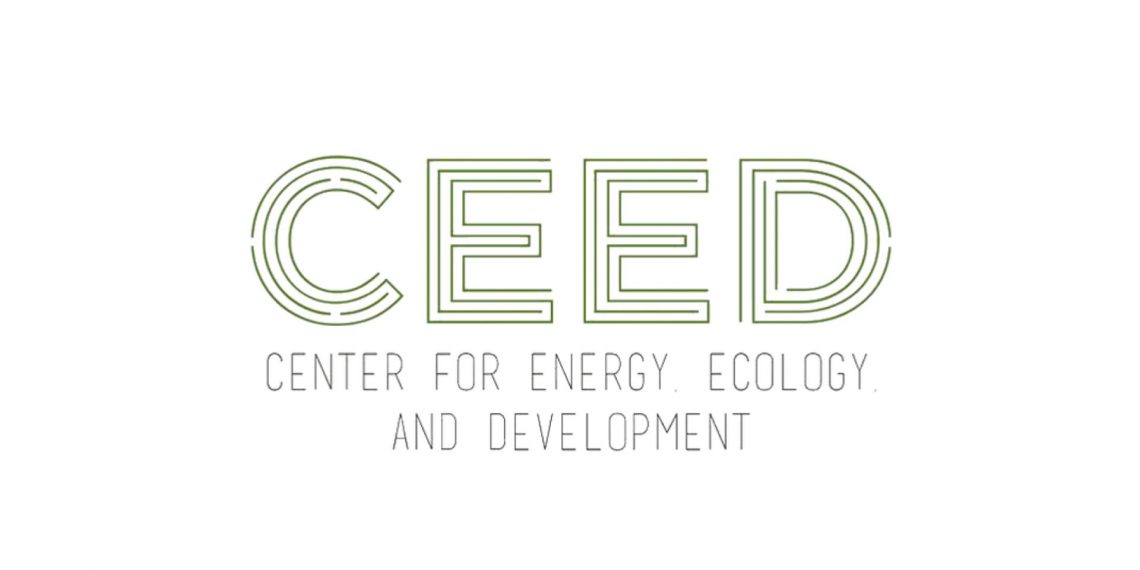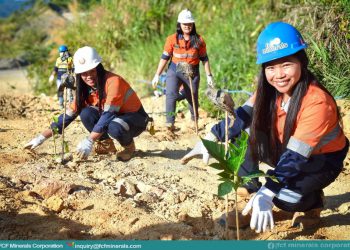The Center for Energy, Ecology, and Development (CEED) opines that the Philippines does not need to expand its mining operations to meet the mineral demands required for the country’s energy transition.
In a report by Philippine Star, CEED senior policy analyst and mining engineer Joshua Miguel Lopez presented data showing the country’s significant copper and nickel reserves.
Transition metals, such as copper and nickel, are essential for renewable energy technologies, according to the United Nations Environment Programme.
Unlike coal, which releases high levels of carbon emissions, transition metals have little to no environmental impact.
CEED estimated that the country could meet the copper requirements for renewable energy in 4.6 years and the nickel requirements in less than two months, based on data from the Mines and Geosciences Bureau.
Lopez explained that these estimates are based on the Philippines’ 10-year average production of copper and nickel, which remained strong even during the country’s mining moratorium.
Additionally, he argued that the country already has sufficient access to transition metals without expanding mining operations. He emphasized that even with the moratorium in place, the Philippines produced enough copper and nickel to meet the demands for its energy transition.
Demand for copper and nickel is increasing, Lopez added, driven by the country’s push for more electric vehicles, although this demand is not primarily for reducing carbon emissions.
Although the Philippines has vast mineral resources, CEED pointed out that these are exported as raw materials, with little domestic processing.














